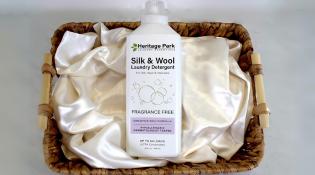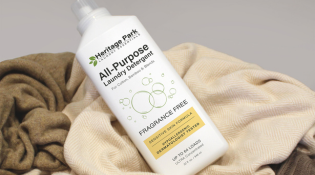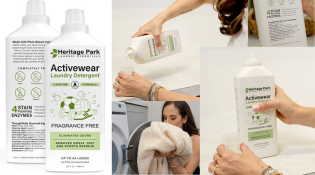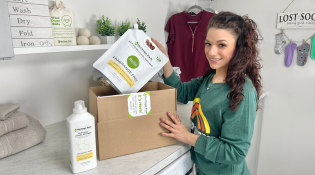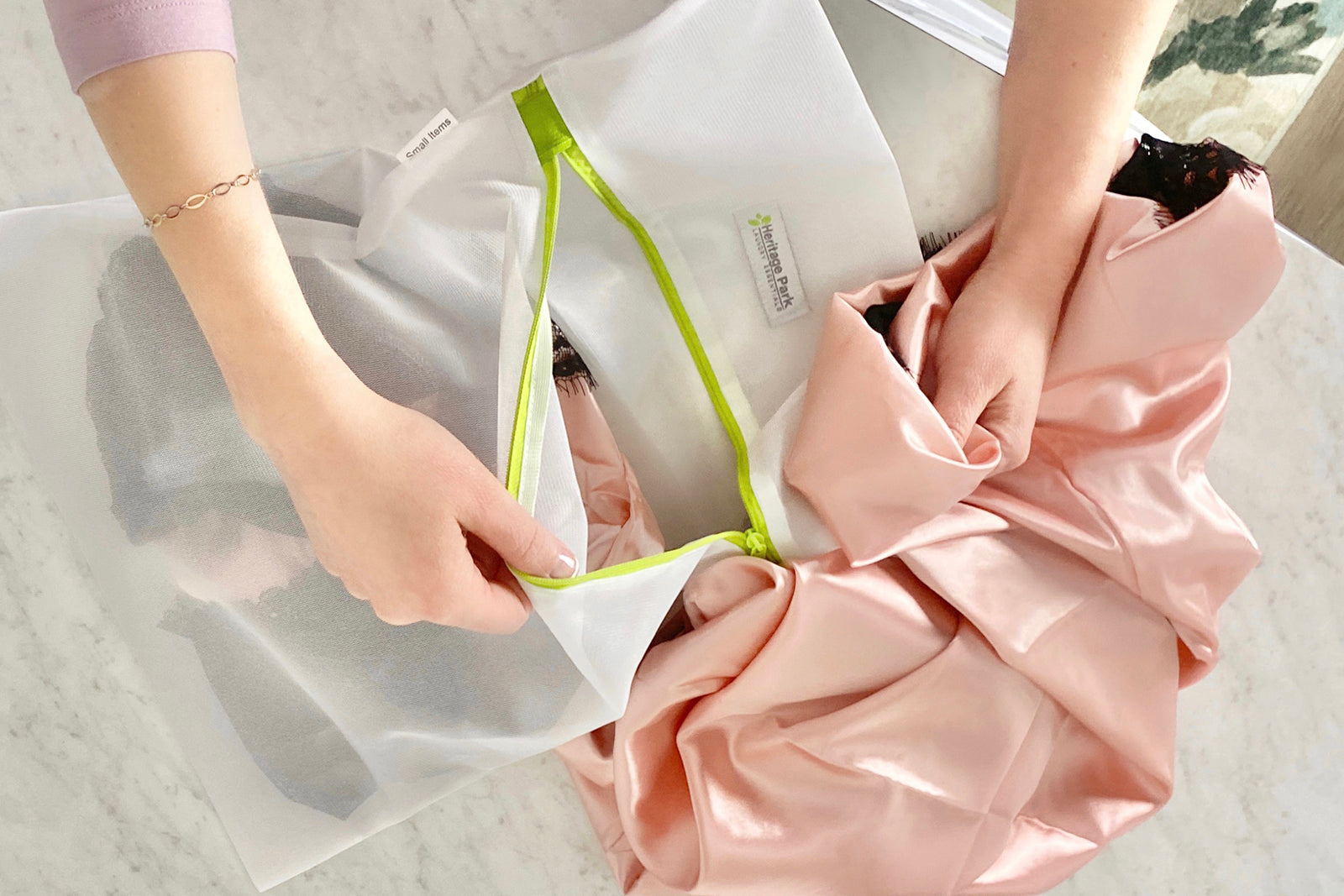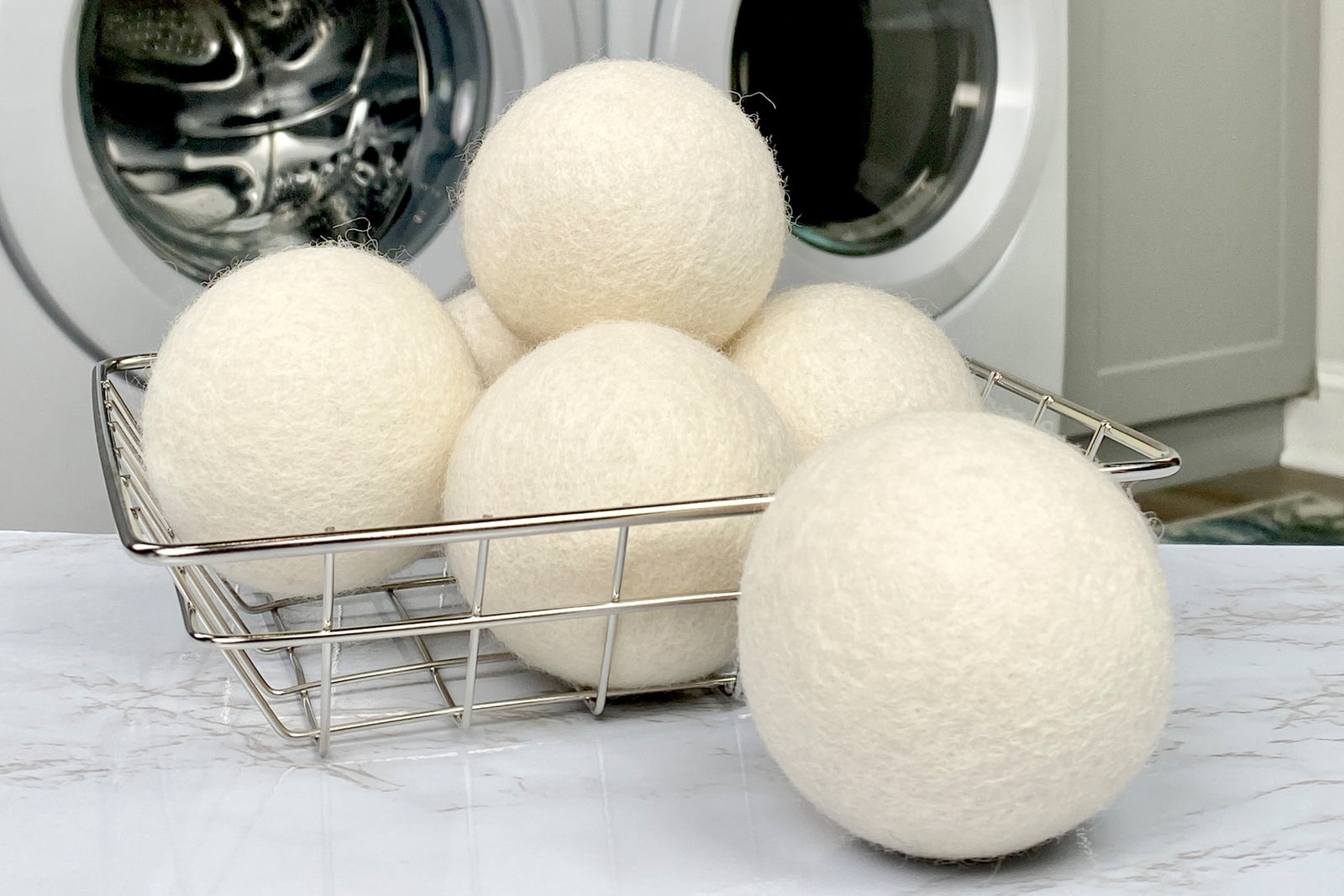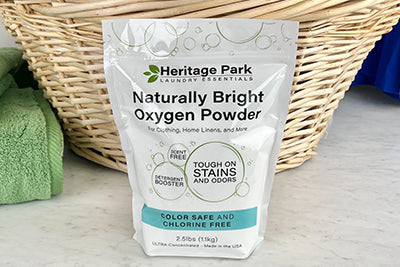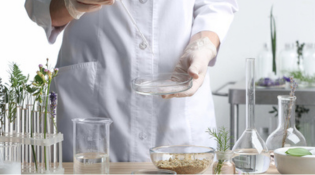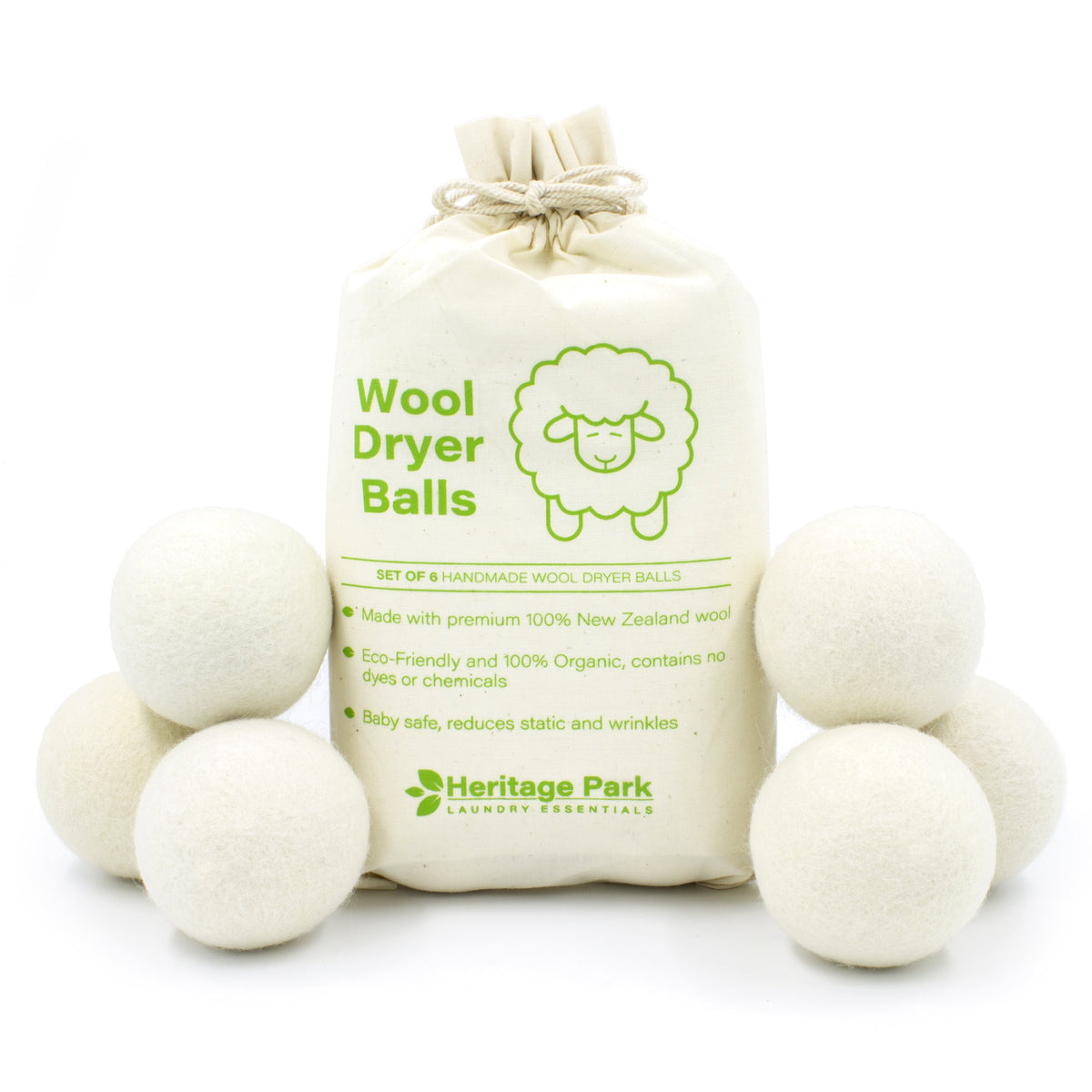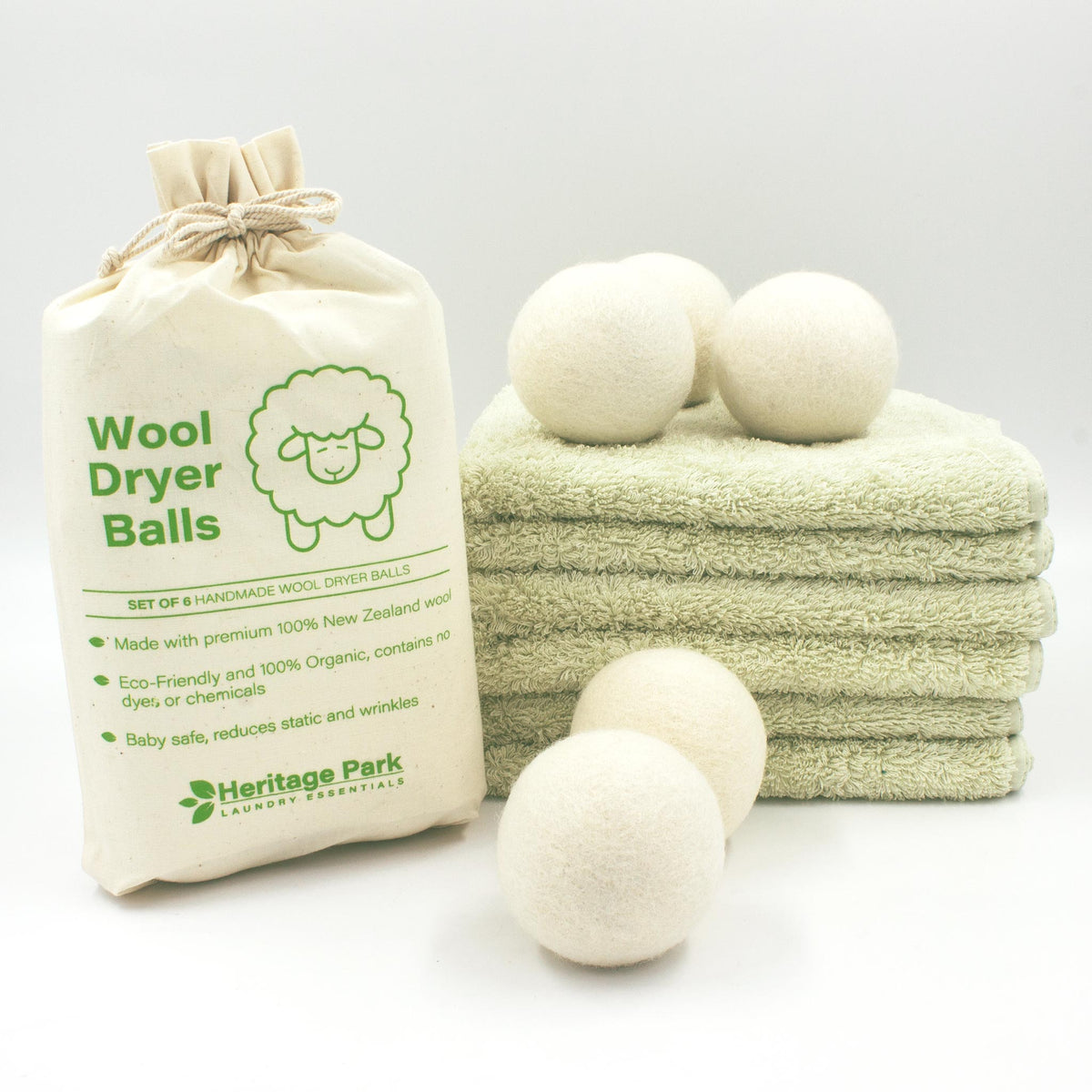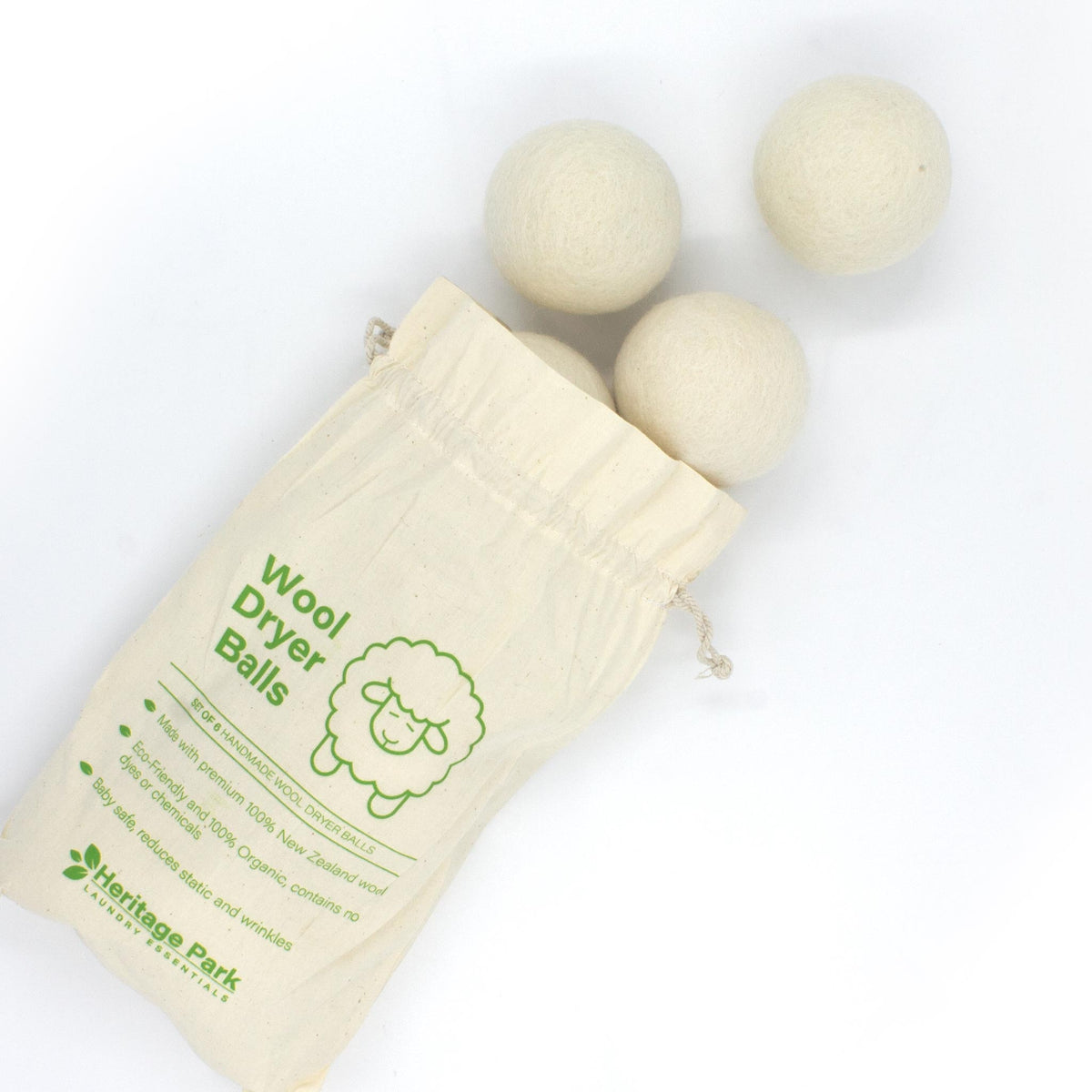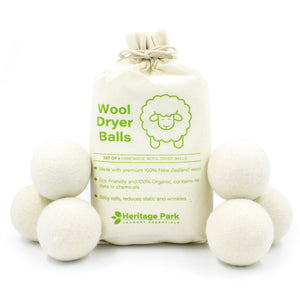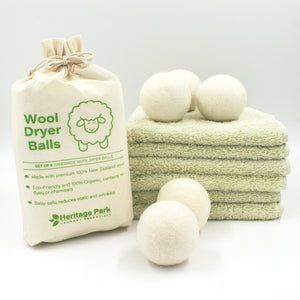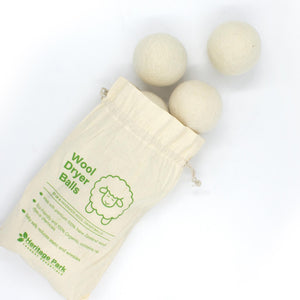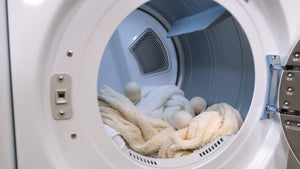What’s the best way to bust static cling and soften laundry? This article takes a look at wool dryer balls vs. dryer sheets and explains why natural wool dryer balls are an effective, safer, more earth-friendly choice.
Key Takeaways
|
The Laundry Dilemma: Finding a Better Solution for Static and Softness
Laundry is an everyday chore that many of us perform on autopilot. We sort, wash, dry, and fold almost on a daily basis. And we count on the products we use to perform for us and our families. But once in a while, new information comes along that causes us to rethink our laundry routine, and to reassess the products we use.

Today, we’re going to take a closer look at two products used to prevent wrinkles, reduce static cling, and soften fabric: traditional dryer sheets and felted wool dryer balls. We’ll explain how dryer sheets and dryer balls work and compare them in terms of effectiveness, health, cost, and environmental impact. Read on for important information that just may change how you do laundry.
The Truth About Dryer Sheets: What You Need to Know
How Dryer Sheets Work
Dryer sheets have been a laundry staple for decades, promising to soften clothes, reduce static cling, and leave our laundry smelling fresh. But do we really think about how they work when tossing them in our dryer drum?
Traditional dryer sheets work by coating your clothes with a thin layer of waxy chemicals that makes them feel softer and reduces static cling. This might sound effective, but this convenience comes with several hidden costs.

The Hidden Costs of Dryer Sheets
Health Concerns: Dryer sheets are made from polyester and coated with a host of chemicals and lubricants, including synthetic fragrances, that can trigger allergies, skin irritation, and other sensitivities.
Environmental Impact: They're single-use, non-biodegradable products designed to be thrown away after a single use. Once discarded, they end up in landfills where they remain for years.
Damage to Fabrics and Machines: That waxy coating that makes fabric "feel" soft is actually quite damaging to towels. It builds up on individual fibers, mats them down, and reduces their ability to absorb water. Even more concerning, this coating can be a safety issue because it reduces the flame-retardant properties of certain fabrics, like baby and children's sleepwear.
Machine Efficiency: Appliance manufacturers recommend against dryer sheets because the coating builds up inside the machine and can gum up the lint filter, making the dryer less efficient.
Cost Over Time: Figuring one load of laundry a day, dryer sheets cost around $20 a year to use.
Dryer Sheets at a Glance
- Made from plastic (polyester microplastic)
- Chemical-laden, heavily fragranced, irritating to skin and allergies
- Single-use plastic
- Non-biodegradable, pollutes landfills
- Make towels less absorbent
- Damage fire-retardant properties of sleepwear
- Waxy build-up in machine/lint filter
- $20 a year
The Natural Alternative: Wool Dryer Balls
Felted wool dryer balls can be an absolute game-changer in how you dry your laundry. Natural Wool Dryer Balls are chemical-free; they are made from 100% premium New Zealand sheep wool with no added chemicals or fragrances that can irritate skin or trigger allergies.
How Wool Dryer Balls Work
Unlike dryer sheets, wool dryer balls work through physical action rather than chemical coatings. They bounce around in your dryer, creating a "mechanical" action that naturally massages and softens your clothing while helping shorten drying time by allowing hot air to circulate more effectively.
Benefits of Wool Dryer Balls
Chemical-Free: Wool dryer balls leave no residue on your laundry or your machines.
Fabric Integrity: They don't compromise the integrity of fabric and actually help your dryer work more efficiently.
Static Reduction: Dryer balls reduce static cling by absorbing moisture to maintain a level of humidity in your dryer.
Longevity and Sustainability: They can be re-used for 1,000 washes and, at the end of their lifespan, are completely biodegradable.
Cost-Effective: Based on doing a single load of laundry a day, wool dryer balls cost less than half of what you'll spend on dryer sheets.
Wool Dryer Balls at a Glance
- Pure wool
- Chemical free with no synthetic materials or fragrance
- Reusable and long-lasting
- Biodegradable
- Better for towels
- Won’t damage fire-retardant fabrics
- Speed drying process for wet clothes
- $10 a year
Comparing Dryer Balls and Dryer Sheets: A Side-by-Side Look
|
Feature |
Traditional Dryer Sheet |
Heritage Park Wool Dryer Balls |
|
Material |
Plastic and made with chemicals |
100% pure New Zealand sheep wool |
|
Health Impact |
Can triggers allergies and skin irritation |
Wool dryer ball has no chemicals, fragrances, or additives |
|
Fabric Effect |
Damage towels (less absorbent) and other fabrics (ruin flame-retardant properties) |
Soften laundry and remove static cling without waxy build-up and chemicals |
|
Machine Impact |
Waxy build-up in machine and lint filter (dryer is less efficient) |
Allows air to circulate, which shortens the drying cycle |
|
Environmental Impact |
Bad for the environment. Non-biodegradable, stay in landfill |
Wool ball is biodegradable and environmentally friendly |
|
Annual Cost |
$20/year based on 1 load/day |
$10/year (max) based on 1 load/day |
Why Choose Heritage Park Wool Dryer Balls?
At Heritage Park, we're proud to offer premium wool dryer balls are hand-made in Nepal using 100% premium wool from New Zealand sheep. They measure 2.75" in diameter (about the size of a tennis ball), which allows them to move freely in the dryer and effectively separate clothes.
Our wool dryer balls come in a pack of six, complete with a reusable canvas bag for storage. This set is designed to meet all your laundry needs: use three balls for a small laundry load and up to six for larger loads. They're incredibly easy to use: just toss them in with your wet laundry and let them work their magic.
Pro Tip: If you miss the scent of traditional dryer sheets, you can add a drop or two of your favorite essential oil to the wool balls before use. Your laundry will come out of the dryer with a subtle fragrance without any harsh chemicals or perfumes.
Make the Switch Today: A Small Change for a Big Impact
Here at Heritage Park, we pride ourselves on producing safe, sustainable detergents and laundry products that clean effectively while protecting your clothing, the planet, and -- most importantly -- your family’s health.
Switching to wool dryer balls (and leaving the fabric softener and dryer sheets behind) is a small change to your laundry routine that can make a very big impact.
As always, the Heritage Park team is here to answer any questions you have about our detergents or any of our fine laundry products and accessories.
Frequently Ask Questions
Are wool dryer balls really better than dryer sheets?
Dryer balls are a much better choice than dryer sheets. They are biodegradable and made without any chemicals or fragrances. They naturally soften laundry and speed drying time as they bounce around in the dryer. Dryer sheets are plastic, which won’t biodegrade, and contain chemicals and fragrances that can irritate skin and damage fabrics.
What are the downsides of wool dryer balls?
Dryer balls can be a bit noisy. They also gather lint (which is a good thing, because they keep lint off your clothing). We recommend purchasing two sets of dryer balls and dedicating one each to light and dark loads
Is fabric softener ok to use?
Fabric softener is a bad idea, for many of the same reasons dryer sheets are. It leaves a waxy build-up on fabric that flattens fibers and reduces absorbency of fluffy materials like towels, and diminishes the fire-retardant properties of baby and children’s sleepwear.
Can you use both dryer sheets and dryer balls?
There is no need to use both dryer sheets and
Do wool dryer balls soften towels?
Wool dryer balls are wonderful for softening towels. They gently massage and soften the fibers and allow the warm air of the dryer to circulate in between and among the towels to restore fluffiness.
How many dryer balls to use per load?
We recommend three wool dryer balls for small to medium loads and six for larger loads.
Are plastic dryer balls better than wool?
No, plastic dryer balls are not as good as wool for a couple of reasons. First, they do not absorb moisture the way wool dryer balls do. Additionally, they are not biodegradable; the plastic will sit in landfills for a long time.
How to get towels soft and fluffy again?
Here is a simple protocol for restoring towels that have gotten dingy and matted due to hard water (which causes mineral buildup) or through the use of dryer sheets or fabric softeners:
-
Wash your towels in warm water or hot water—not scalding—with one cup of white distilled vinegar. This will strip towels of any built-up residue and help restore absorbency. DON'T USE DETERGENT, only white vinegar.
-
Run the load a second time using only a half-cup of baking soda. This will help freshen and remove any lingering smells. AGAIN, DON'T USE DETERGENT, only baking soda.
-
Dry according to instructions WITHOUT fabric softener sheets. Use wool dryer balls instead for maximum fluffiness!
Ready to make the switch to a healthier, more sustainable laundry routine? Shop our Heritage Park Wool Dryer Balls today!


